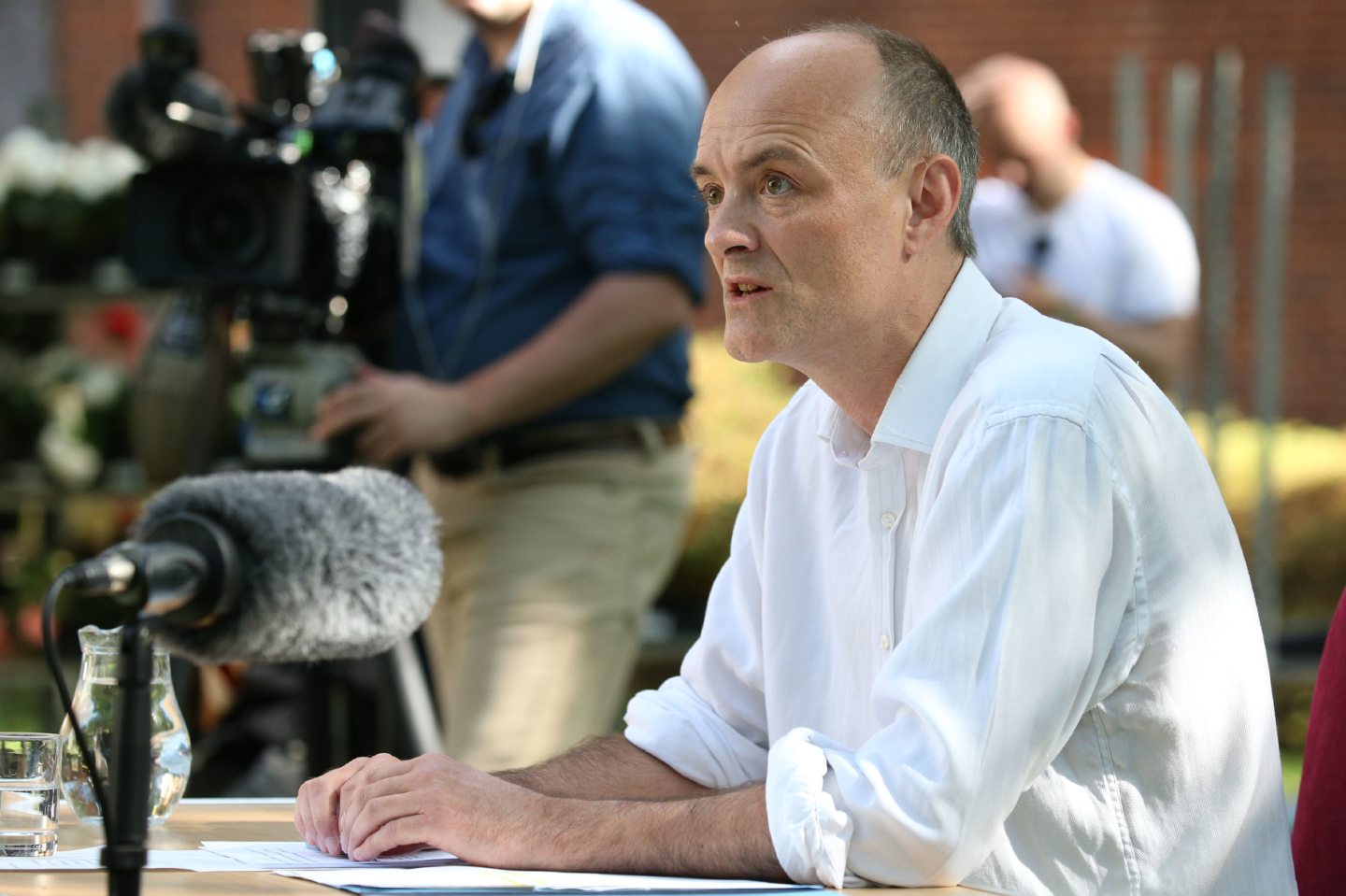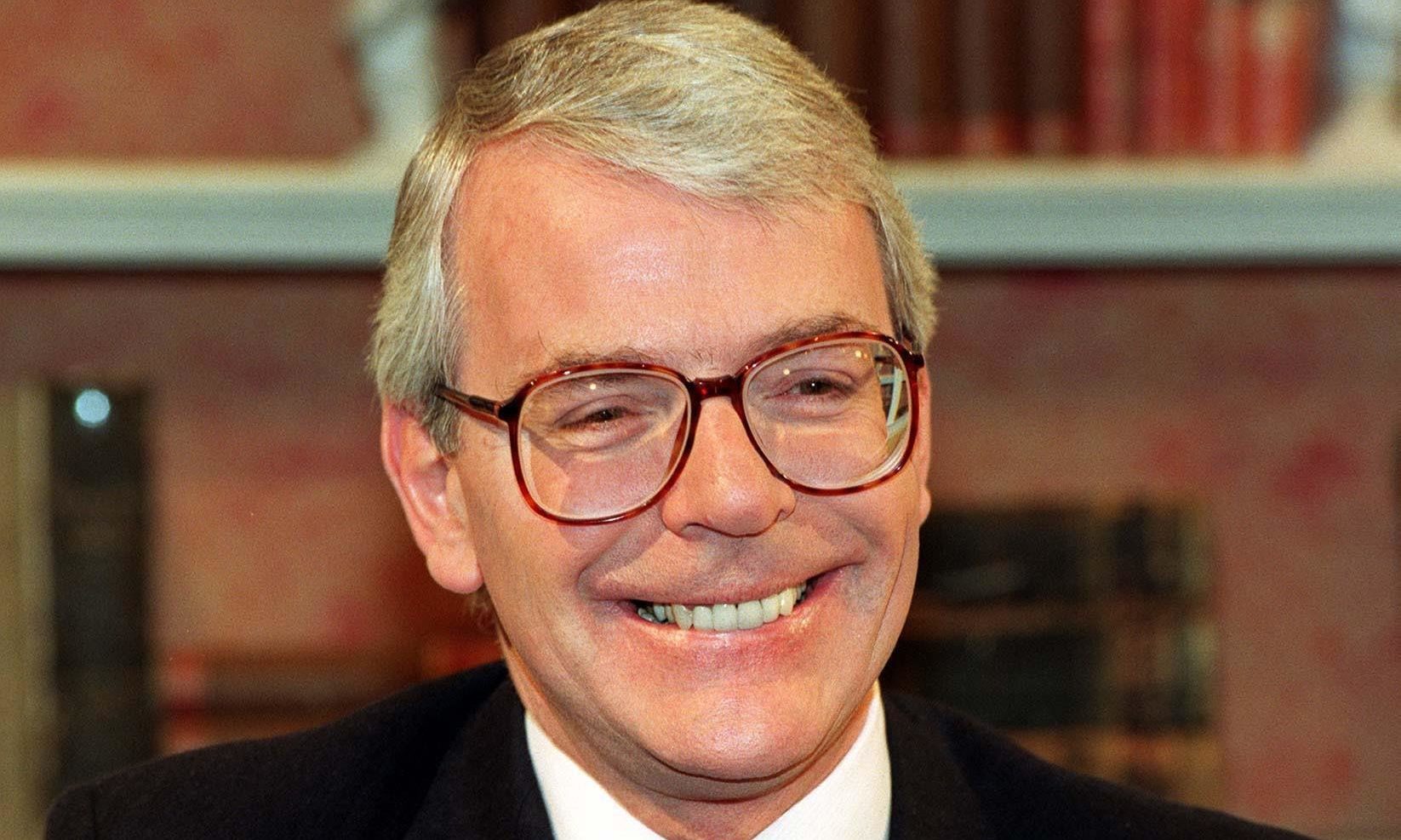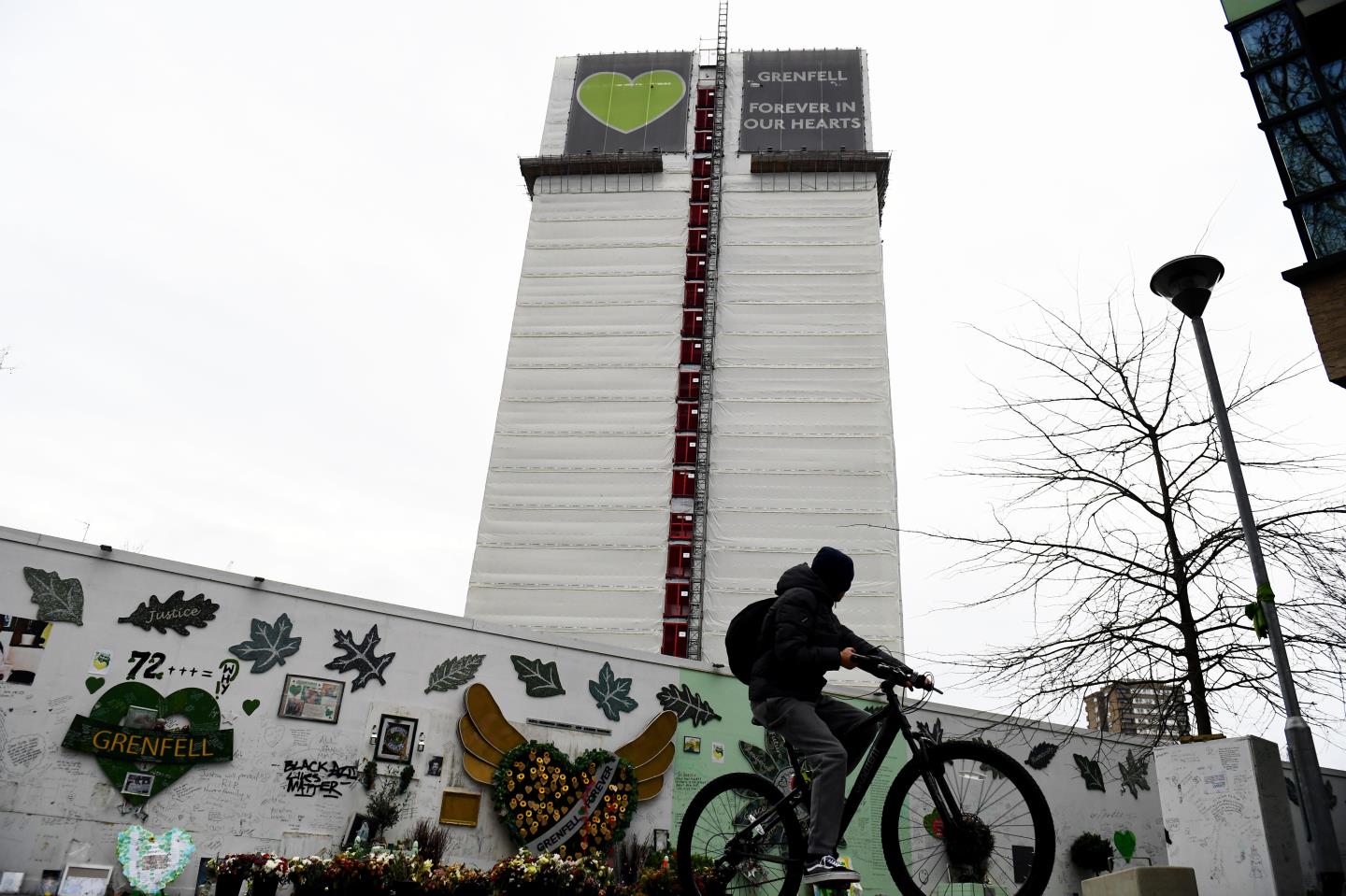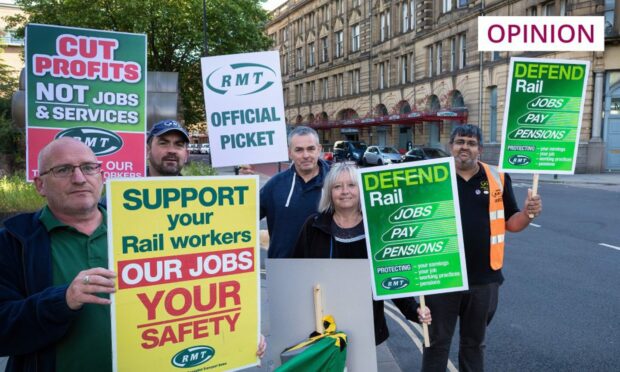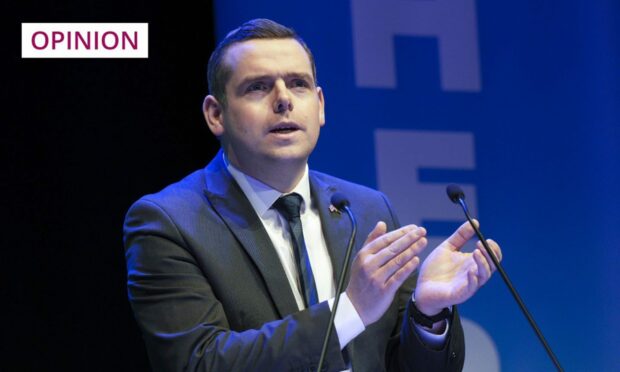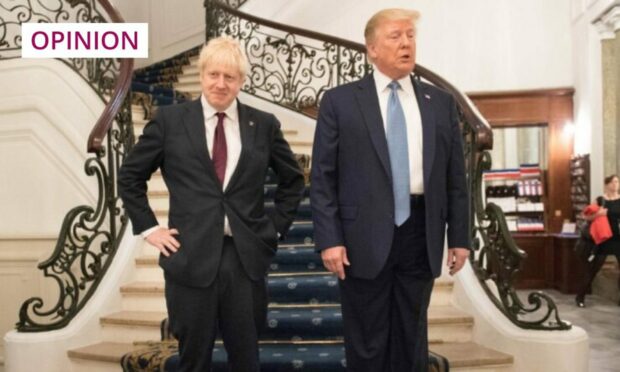On Sunday, at 10pm, feeling utterly powerless, I made it a reality.
Well, I switched my power off at the mains for 10 minutes, and sat in the dark on my unplugged-in phone, scrolling the hashtag #BigPowerOff and hoping that, all over the country, people were doing the same thing.
The Big Power Off was created by avowedly “non-partisan” campaigners on social media in response to the rising energy prices. The idea is to get as many households as possible all over the UK to disconnect from the National Grid for 10 minutes, causing surges and costing the companies money.
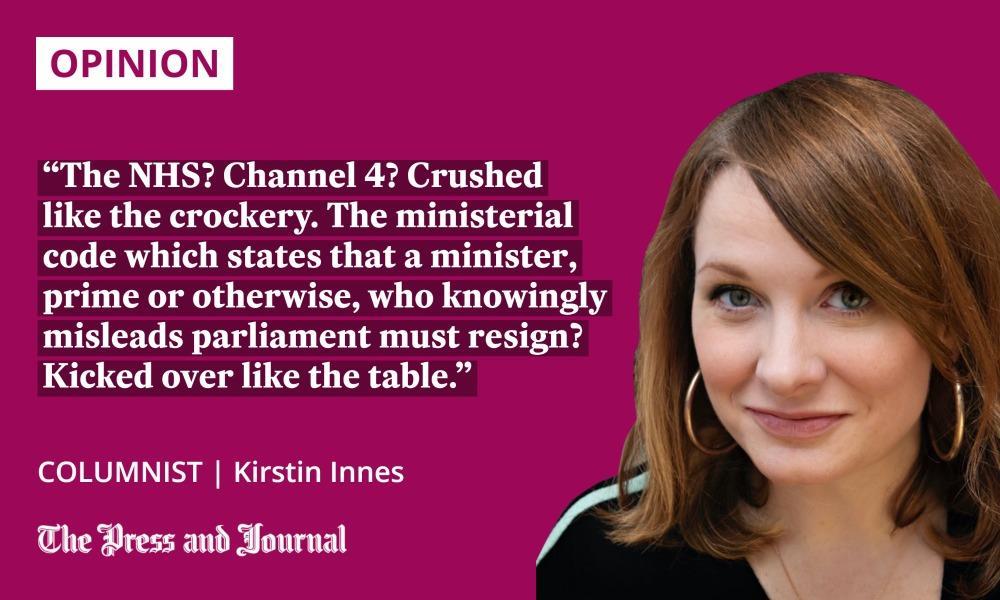
Who knows if it will work, but Twitter’s bot army were out in force to hurl abuse at anyone using the hashtag which, in itself, suggests to me that the idea had got someone worried enough to coordinate a response.
It has been inspired by similar action taken by the Spanish public last month, where an organised schedule of coordinated switch-offs forced a €9 million loss on the main energy providers and successfully saw prices revert back to 2019 levels.
It’s got to be worth a try, was my thinking on Sunday night – quite honestly, what other options do we have?
Don’t you know there’s a war on?
Ever since Dominic Cummings stared down the camera lens in the Downing Street rose garden, following the revelations about his trip to Barnard Castle, and coldly refused to resign, there has been a mounting sense that nothing we, the general public, can do or say will stop the Conservative Party and its advisors, hangers-on and beneficiaries from doing exactly what they like.
First prime minister and chancellor to have been found to have broken the law while in office, who are both recorded on television footage lying about said crimes and misleading parliament? Does. Not. Matter. Don’t you know there’s a war on?
I mean, not that we’re actually at war. Not like when Neville Chamberlain was forced out of office in favour of Winston Churchill in 1940. But, anyway! Chin up, stiff upper lip out, don’t look at the man behind the curtain, keep calm and carry on, what what!
The birth of Tory sleaze
These days, we are very familiar with the phrase “Tory sleaze”. But it didn’t really pick up speed until John Major was elected as prime minister, two years after he took over from Margaret Thatcher.
Major had decided to create a degree of separation between church and state – I’m sorry, between Murdoch and state – ripping up his predecessor’s cosy relationship with Uncle Rupe.
The old man was mightily displeased and hit Major’s cabinet with every single bit of dirt he could possibly find on them through the pages of his lead tank squad, The Sun, and top general, Kelvin MacKenzie.
I was a week off my 12th birthday in 1992 when the idea of David Mellor “romping in a Chelsea strip” emblazoned itself on my brain, thanks to headlines screaming from the shelves in the paper shop. Major’s cabinet, pressured by the tabloid media, dropped like flies, resigning at the tiniest (sometimes literal) sniff of wrongdoing.
Voters aren’t ‘nameless’ – but they don’t matter
This current lot, however, have the backing of several very powerful media barons – not least actual Baron, The Right Honorable Lord Lebedev (don’t talk about the war in this instance, obv) – which apparently means they get to fester on and on forever.
They were just citizens. The electorate. Voters. Nobody who mattered
The Cabinet’s attitude to governance now feels a bit like the end of a dinner party with Johnson’s old buddy set, the Bullingdon Club. Oh, you remember the Bullingdon Club. That Oxford University institution of absolute privilege and elitism, in which young men from the richest households in the country, uniformed in custom-made, £3,500 tuxedos, marched down the street smashing champagne bottles and yelling: “Buller, Buller, Buller!” to intimidate the plebs before they retired to a restaurant which they would proceed to smash to smithereens.
The NHS? Channel 4? Crushed like the crockery. The ministerial code which states that a minister, prime or otherwise, who knowingly misleads parliament must resign? Kicked over like the table.
It’s an attitude that permeates every tiny little thing they do, this party we have trusted to govern us. Tory grandee Eric Pickles, now a Lord, giving evidence at the ongoing enquiry into the Grenfell Tower disaster last week, described the 96 victims, all of whom have been identified, as “nameless”.
Not nameless in that they didn’t actually have names; rather that their names, devoid of privilege and titles and money and influence, did not count enough for him to learn. They were just citizens. The electorate. Voters. Nobody who mattered.
And, so, we sat there on Sunday night, trapped, in the dark, worrying about the choice between heating and eating, the rising cost of childcare versus the need to work to pay for that childcare, powerless and powerless, wishing we could really switch them off and thinking, please, let this work.
The next Big Power Off is scheduled for this Saturday (April 16) at 7pm. Unplug and cross your fingers with me, please.
How else do we get to the people in power but through their money, the one thing that really does seem to matter to them?
Kirstin Innes is the author of the novels Scabby Queen and Fishnet, and co-author of the recent non-fiction book Brickwork: A Biography of the Arches

